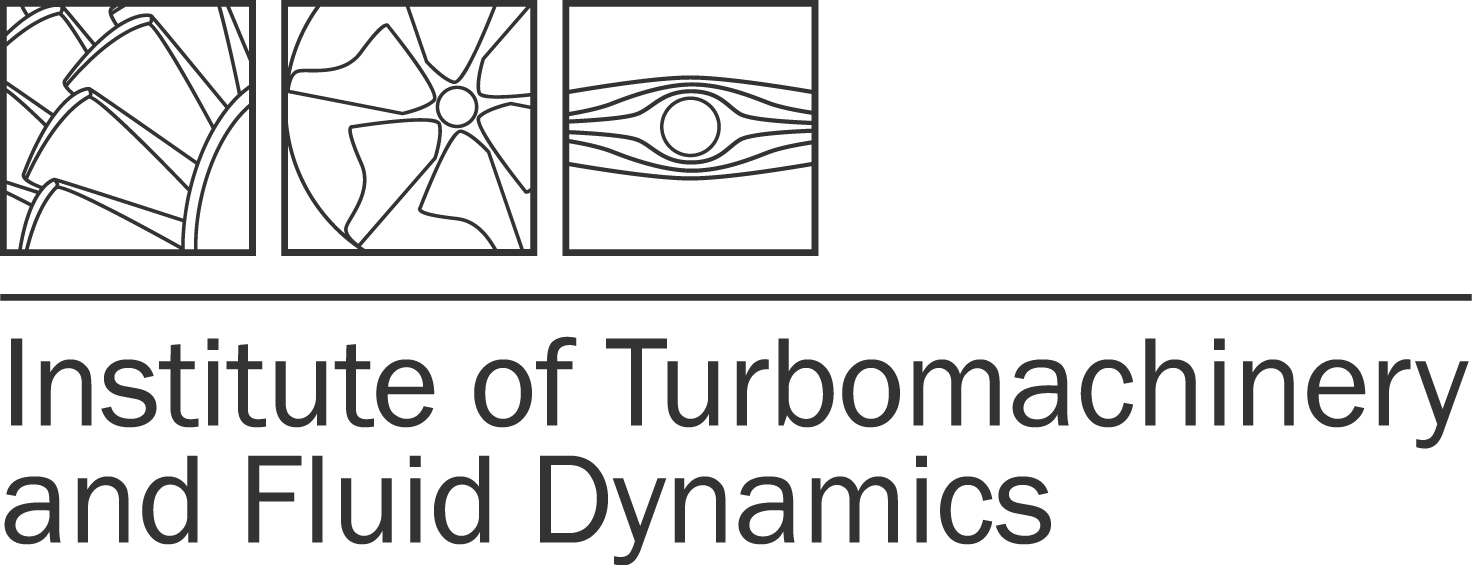Description
Areas of application
Aerodynamics: Aerodynamic investigations in single and multi-stage axial turbines
-
Blading: Investigation of flexible blade types
-
Blade vibrations: Analysis of forced and aeroelastically excited blade vibrations
-
Multi-stage effects: Investigation of multistage effects and unsteady aerodynamics
-
Sound and gaps: Analysis of acoustic transport and axial gap investigations
Main research areas
-
Flow path optimization: Optimization and analysis of cross-stage transient effects
-
Low-pressure turbines: Basic investigations, e.g. wake interaction
-
Aeroelasticity: Investigation of aeroelastic issues and low-load operation
-
Numerical validation: Validation of numerical models, especially for modern high-pressure steam turbines
Technical design and operation
-
Rotor design: Axially long rotor design enables the investigation of up to seven turbine stages
-
Flexible housing: Pressurized housing in steam turbine design, flexibly adaptable to projects through retrofitting
-
Drive: Operation with compressed air, whereby the blading transfers the useful work to the rotor
-
Load machine: Precise speed control independent of mass flow, with transition between load and drag operation
Measurement technology used
-
Pressure and temperature measurement: Type K thermocouples, PT100
-
Vector probes: Steady and non-steady flow vector probes with up to 8 traverses
-
PIV and CTA: Particle Image Velocimetry and CTA probes for flow field analysis
-
Sound measurement: Loudspeaker and microphone measurement technology for analyzing sound transport
-
Comb probes: For the precise detection of inlet and outlet states
Specifications
| Stagenumber/ configurations: | 0,5; 1; 1,5; 2; 3; 4; 5; 7 |
| Rotor design: | 1 to 7-stage longitudinally grooved solid rotor |
| 7-stage solid rotor with circumferential grooves | |
| 1-stage blisk tie rod rotor | |
| Max. rotational speed: | 10.000 1/min |
| Max. inlet pressure: | 4 bar |
| Max. inlet temperature: | 180 °C |
| Max. flow rate/ mass flow: | 20 kg/s |
| Max. Power: | 3.000 kW (electrical) |
| Min. hub diameter: | 270 mm |
| Max. casing diameter: | 480 mm |
| Weight incl. blading: | 6.000 kg |





